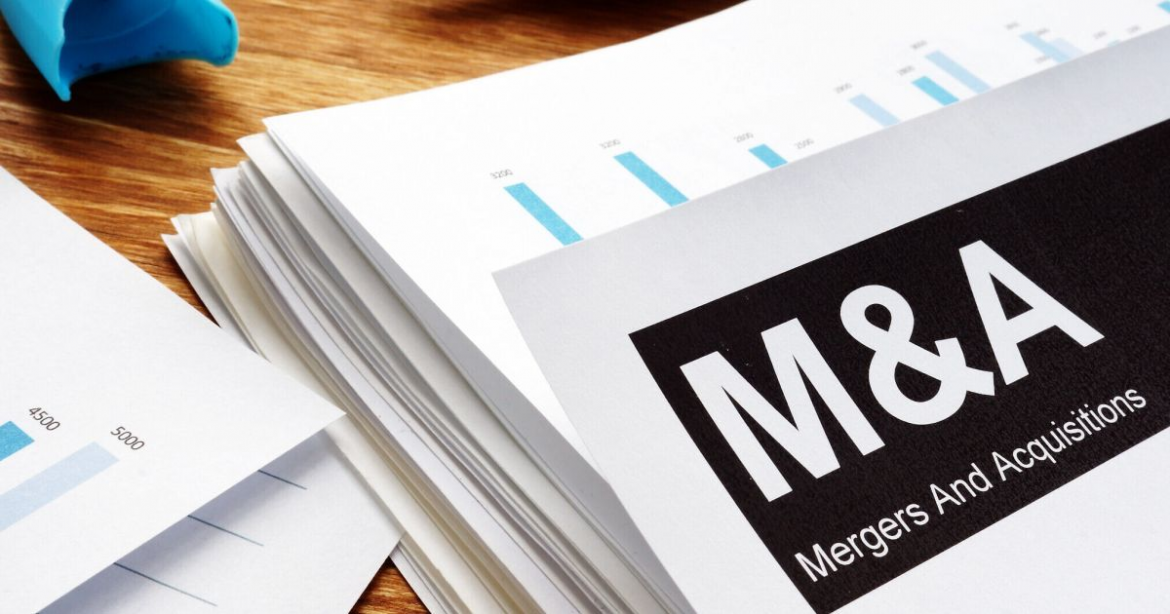At the beginning of 2022, the economy of Vietnam and the world gradually recovered after two years of the Covid-19 pandemic, with the decision to open all airline routes from March 15 and the visa-free entry policy, the government has contributed to promoting the negotiation process of mergers and acquisitions (M&A) deals and increased investment activities, especially real estate investment.
According to experts, Vietnam possesses many macro factors that help create an attractive environment for foreign individuals and organizations to participate in investment activities. In addition, the Government’s plans to support businesses and control the epidemic have stabilized the economic situation and ensured social security. These are said to be two factors that build the confidence of FDI enterprises to pour investment capital into Vietnam. In terms of macro factors, Vietnam’s economy is growing steadily and sustainably. Vietnam is predicted to lead in economic growth in 2022 and extend into 2023 compared to other countries in the region. Next, the infrastructure and transport network in Vietnam is developing strongly, making it easier to goods circulation, as well as move between localities. Demographic characteristics are also an aspect that makes Vietnam an attractive destination for foreign capital. Specifically, the country possesses a young and abundant labor force and competitive labor costs compared to other countries in the region. Moreover, the high urbanization rate also creates favorable conditions for socio-economic development, opening up the potential for the development of many new projects.
Besides the opportunities and potentials that Vietnam brings, experts also said that M&A activities in our country still have certain limitations which makes FDI enterprises more cautious, somewhat inhibiting the development of the M&A market.
The first barrier is that the legal system in Vietnam is still relatively complicated, with many provisions in the laws, such as the Law on Housing, the Law on Land and the Law on Real Estate Business. There are still points of disagreement which cause bottlenecks and wastes that have not yet been resolved.
Meanwhile, in terms of deal structure, experts estimate that most foreign-invested enterprises want to implement a joint venture structure. Under this model, they hold the main decision-making power and Vietnamese investors provide legal support for the project. However, due to the difference in business practices as well as the legal system, the negotiation between the two parties becomes time consuming, and sometimes leads to conflicts in the post-M&A stage.
As the M&A market is a relatively brand-new concept in Vietnam, many businesses, especially small and medium enterprises, have not been well prepared for this process. For enterprises that own large projects, they have not yet specifically planned for a reasonable divergence right from the project planning stage, leading to many difficulties in mobilizing investment capital or transferring capital.
The final barrier is that buyers and sellers are having different pricing approaches, creating differences in the expected price of the project which leads to difficulties in negotiating to find a suitable price between the Parties.
The M&A market in Vietnam possesses many advantages compared to other countries in the region, but still has many potential challenges for foreign investors. M&A transactions are a complex commodity. Therefore, participants need to thoroughly understand as well as make detailed plans to move towards long-term value in the future.
Although the Vietnamese market possesses many resources to attract foreign investment, the backlog limitations in the legal system as well as the way businesses approach M&A will limit the ability of transactions to switch. According to Vietnamese law’s compilation, once conducting an M&A activity requires to pass 7 different laws: Law on Enterprises, Law on Investment, Law on Competition, Law on Securities, Law on Environmental, Law on Purchasing and Selling Property, Law on Housing. Even if the 2 parties are both domestic enterprises, the legal procedures are not easy. Any costly time delays must be anticipated if one or both Parties do not want to lose momentum and change their decision.
Above is a consulting article on “Barriers to M&A in Vietnam in 2022” of Apra Law Firm. If you have any questions about this issue, please do not hesitate to contact us via hotline for advice and support.
________________________________
For more information, please contact:
APRA LAW FIRM
Address: 7th Floor, 57 Tran Quoc Toan, Tran Hung Dao Ward, Hoan Kiem District, Hanoi City, Vietnam.
Email: info@apra.vn
Hotline : 024.23486234 – 0948495885
